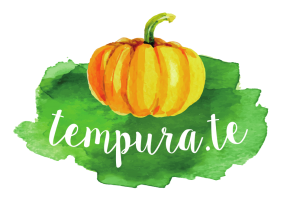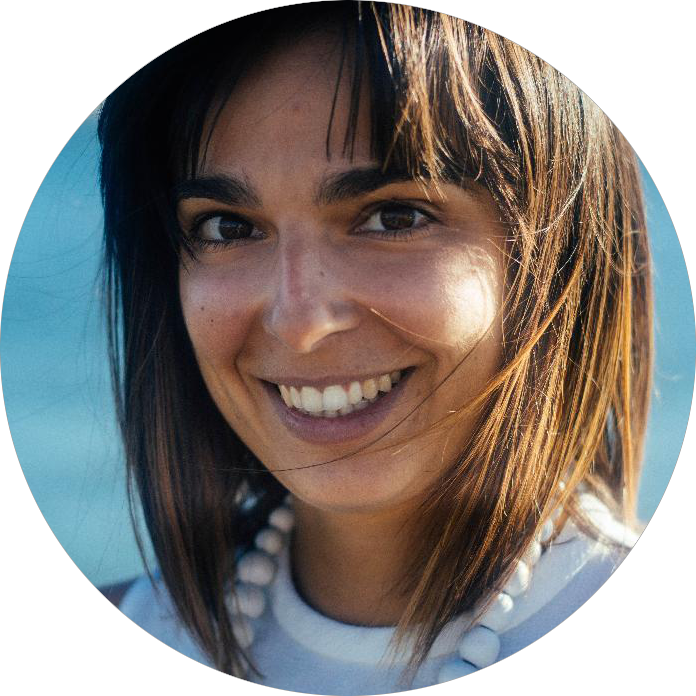What is Macrobiotics?

I decided to share an article with my interpretation of Macrobiotics, since I daily meet people who have doubts about this topic.
The writing is made with the voice of Francisco Varatojo speaking inside my head. Up to now he was the person with whom I have learned the most in this field, the one I still recall every day and who, forever, I will remember with great affection.
It seems interesting to start with the origin of the word, Macro = Big + Bio = Life. Indeed macrobiotics gives us a great life. And it doesn’t mean that by practicing it, we buy the elixir of eternity, no way. It’s just that when we live it, we experience life with a different intensity and with greater fulfillment and satisfaction.
Mainly we live with more harmony, more respect for others, for ourselves and for the environment that surrounds us (nature, animals, seasons…), which makes life gain another dimension, deeper, more coherent and with a better sense of accountability. And this happens because understanding our physiology and biology and living according to it, life becomes easier.
The macrobiotic philosophy creates harmony, since it understands that nature is wise and always, in each moment, gives us what we need to live. Therefore we should eat local and according to the seasons. It also teaches us that if we are in tune with the environment and with the capacity of adapting, we can better flow with what happens around us, evolving in a simpler way.
But how to respect our biology and physiology? Let’s look to our body…If we analyze the constitution of our dentition, we understand that only 4 of our 32 teeth are canine. On the other hand, all carnivorous animals have a gut significantly shorter than that of humans. For this reason, we argue that the amount of meat we eat should be very low or none. The quantity of molars, the most used teeth to chew cereals, are in greater proportion and therefore the proportion of it in our diet should be higher, assuring respect for our constitution.
So what do we stand for? I start by the part where I can already lose half of those who read me (I hope not :p). In macrobiotic diet, we don’t use dairy products (and this topic has enough material to write an encyclopedia) and we avoid meat, as well as most animal products. We also avoid refined or processed products, since the idea of this food is that it is simple, and still alive whenever possible so that this life is transported to our bodies. And the one that hurts the most … we do not use sugar! AUCH! 😉 … but we are very sweet people, and yet we do not fail to delight ourselves with wonderful desserts. Take it easy! I assure you that life becomes simpler without all of that which most of society has become accustomed to eat in the past few decades, and which does not make us healthier or happier.
What do you eat then, you ask? I like to answer that we eat much of what our great-grandparents ate before. Real food. Many season vegetables, whole grains, legumes, seaweed, nuts and seeds. With all this, in the right proportions (which vary from person to person) and properly cooked, we have it all.
Doing so we will have easier digestion because what we are eating is also lighter, thus spending less energy in the digestion process. And with that extra energy we save, we’ll then be able to feed our creativity and that’s why I believe macrobiotics helps us discover our potential and find our purpose in life.
Now … if you expect this to work going to eat at the corners’ restaurant daily, forget about it! (Oops … will it be that by now someone will continue to read?!?!?!) It is really important that we learn how to take care of ourselves. May we be responsible for nourishing our bodies, let us know how to cook our food. It’s just another adventure! 😉
Yes, this might be hard at first, it’s true. But over time it becomes fun and easy. If we develop our strategies and organize ourselves, we can prepare a nutritious and delicious meal in short time, believe me!
Hippocrates said that we are what we eat, so it’s time for us to have power over who we are and what we are.






